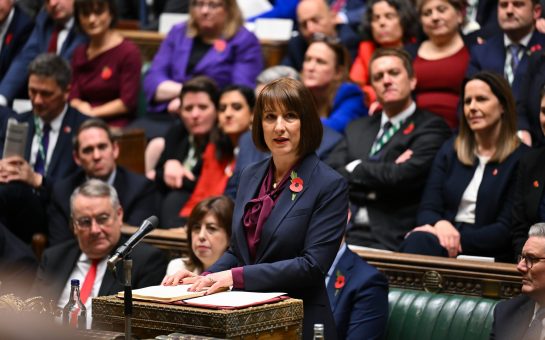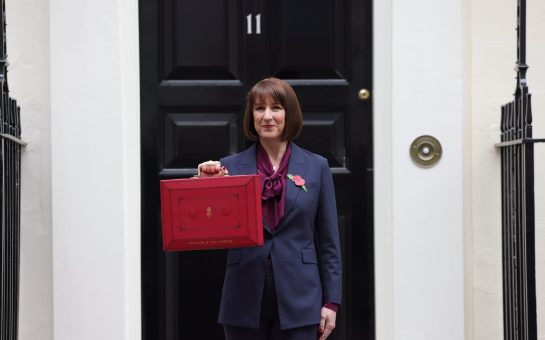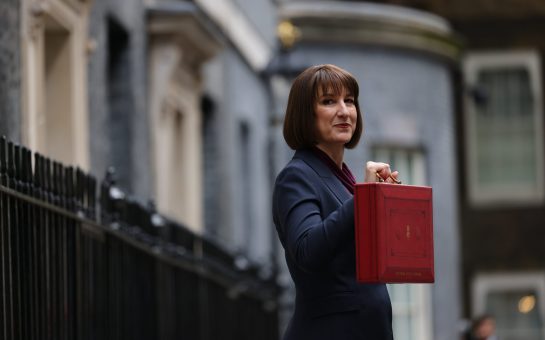School staff and youth workers welcomed a plan to triple funding for state school breakfast clubs last week, but their concern for the health and wellbeing of disadvantaged pupils remains.
In last week’s autumn budget, Chancellor Rachel Reeves announced more than £30 million will be invested into the initiative by September 2025.
A record high of 4.3 million UK children live in poverty, according to data released by the Child Poverty Action Group in April 2024.
Responding to the budget news, the Child Poverty Action Group tweeted: “The Chancellor brought good news on breakfast clubs…but this was not a budget of bold action on child poverty.”
Social worker and former primary school teacher Lauren Robinson commended Labour’s policy as a move which will support pupils, parents and staff.
She said: “Increasing funding for breakfast clubs ensures that children not only have access to a healthy breakfast but are in school early and their routine is consistent.
“And there is the added benefit of socialising with other children outside of their classroom.”
Of the 4.3 million children living in poverty, the Child Poverty Action Group estimated that 69% of those children live in working families.
Robinson said: “The parents I work with are often doing the best they can with the limited resources they have, but ultimately they are exhausted and frustrated at the lack of opportunity and support afforded to them.
“Many are reliant on food vouchers, and many are desperate to get back into employment.”
In Robinson’s experience, educators often stepped in to fill the gaps in their pupils’ diet.
She said: “I know teachers who buy breakfast items for children themselves, at a personal cost, but ultimately this isn’t sustainable.”
Breakfast clubs offer children a meal to begin the day and a space to interact with members of their school community.
Teaching assistant and SEND specialist Sandra Gray said young people at the school she works in appreciate their breakfast club for many reasons, and staff can effectively use the time with the youngsters.
She said: “Pupils meet, chat or catch up with work.
“It provides some nourishment for those who have no breakfast readily available at home.
“It’s good that we can catch up with a pupil if needed, too.”
Some campaign groups said the government must go further to make a real impact on child poverty.
A campaign to improve children’s health through school food and food education, Chefs in Schools, also voiced a need for further plans to tackle a wider issue of child poverty in society.
The charity’s CEO Naomi Duncan said: “While breakfast support is valuable, and we really welcome the acknowledgement that hunger impacts learning, it doesn’t negate the need for children to access a proper lunch.
“Too many children in poverty will still miss out.”
But most agree the funding laid out in the Chancellor’s budget is a stride in the right direction.
Robinson said: “The routines associated with accessible breakfast clubs will improve family life significantly and afford more opportunities for children and young people.”
Feature image credit: Element5 Digital via Unsplash




